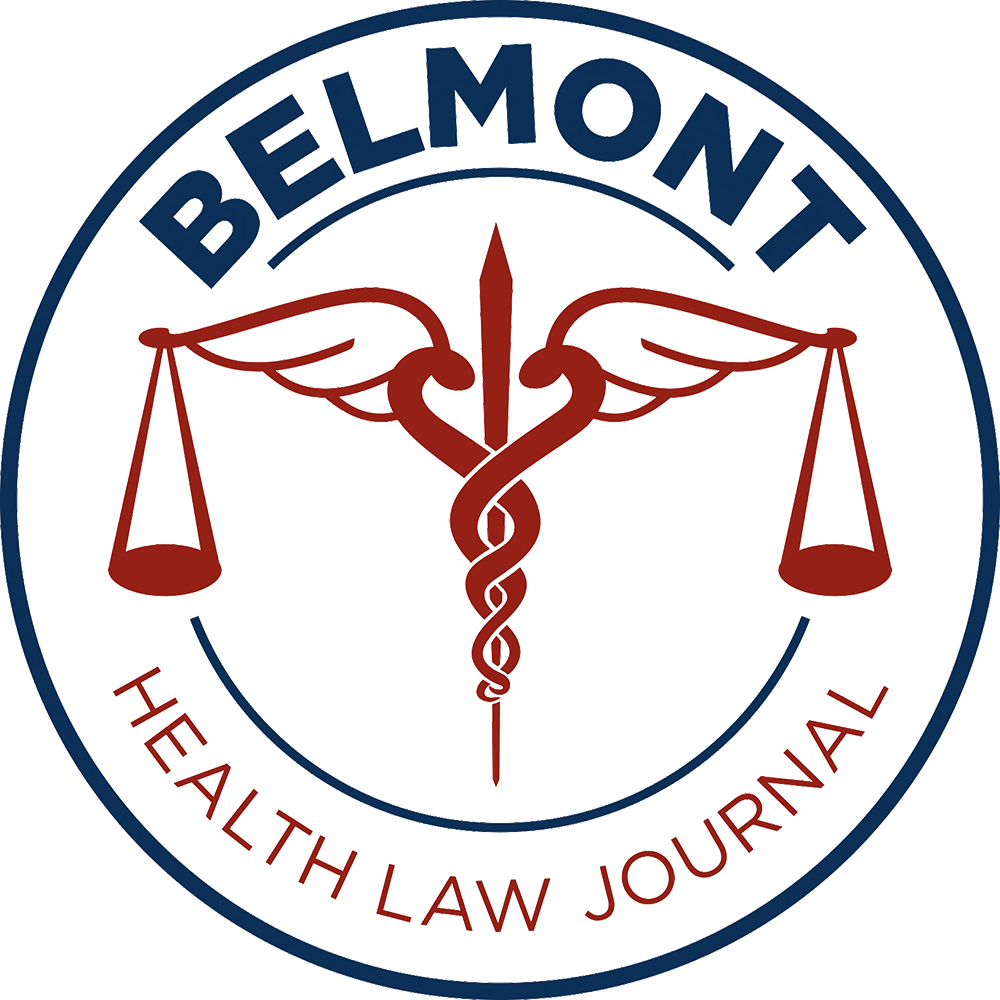Alisha Patel, Class of 2022, Belmont Law
In recent years, the U.S. Centers for Medicare and Medicaid Services and the U.S. Department of Justice began carefully analyzing hospice providers’ claims to ensure compliance with anti-fraud measures such as the Stark Law, Anti-Kickback Statute, and the False Claims Act. As a result of hospice providers finding an increase in live discharges and re-certifications, CMS has increased its number of audits, OIG investigations, and litigation.
Allstate Hospice and Verge Home Health Care Fraud Allegations
In January 2021, the OIG completed one of its first fraud investigations of the new year. The investigation yielded significant issues pertaining to Stark Law in two large Texas-based hospice providers, Allstate Hospice and Verge Home Health Care. The organizations paid nearly $1.85 million dollars to resolve allegations related to the submission of improper Medicare claims, resulting from unlawful patient referrals.
The hospice founders faced two significant regulatory and compliance issues. The first involves Stark law, commonly known as the physician self-referral law, which prohibits a physician from referring patients to receive specific health services payable by Medicare or Medicaid to an entity a physician or his family member has a financial relationship, unless the relationship satisfies one of the law’s statutory or regulatory exceptions. Stark Law violations may result in civil penalties. Second, the founders faced issues involving the Anti-Kickback statute, which prevents anyone from knowingly and willfully offering, paying, soliciting, or receiving remuneration to induce patient referrals for services reimbursed by Medicare, Medicaid, and other Federal health care programs. Anti-Kickback Statute violations may result in criminal and civil penalties. Both the Stark Law and Anti-Kickback statute intend to ensure that financial incentives do not compromise a patient’s medical decision-making process and that health care costs do not increase as a result of fraud.
OIG Investigations
The FBI investigations of Allstate Hospice and Verge Home Health Care began in 2016. Investigators quickly discovered that the hospice founders compensated physicians who issued the most referrals to their hospice and home health organizations. The founders allegedly made monthly payments, in excess of fair market value, for physicians’ services provided to their patients. The physicians then referred patients to either Allstate Hospice or Verge Home Health Care.
The founders employed different methods to compensate physicians for improper referrals. Primarily, physician payments for referrals were made pursuant to medical directorship agreements with both hospice organizations. Also, the founders improperly provided physicians other gifts and benefits, such as travel and tickets to sporting events, to incentivize health care providers to make improper referrals to each hospice organization. Lastly, the founders sold interests of Allstate Hospice to different physicians, earning them substantial quarterly dividends. Facing extensive allegations of fraud from the OIG, both Allstate Hospice and Verge Home Health Care settled the federal government’s claims.
Issues regarding compliance with health regulatory laws are a leading cause of hospice involvement in fraud cases. These complications directly result from hospice organizations facing improper billing allegations for Medicare services for which patients were not eligible. In 2018, this led to several multi-million-dollar settlements, ranging from $1.24 million to $8.5 million, between hospice organizations and the federal government.
Works Cited:
https://hospicenews.com/2021/01/20/allstate-hospice-founders-settle-fraud-case-for-1-8-million/
https://www.justice.gov/usao-sdtx/pr/hospice-home-health-agency-and-owners-pay-over-18m-resolve-claims-concerning-physician
